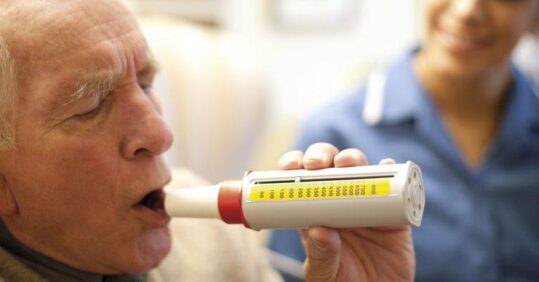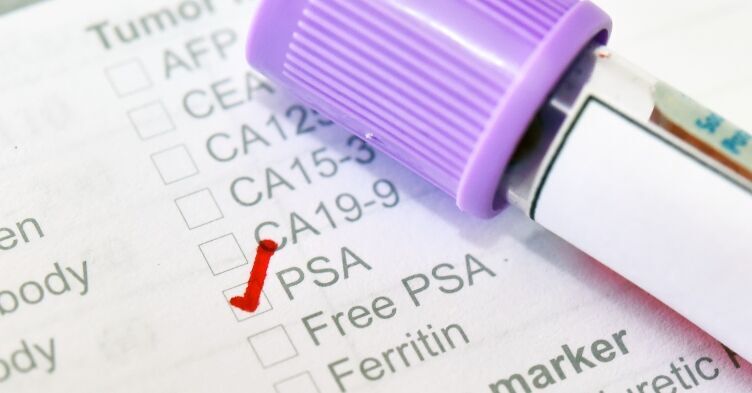Covid-19, an infectious disease caused by a newly discovered coronavirus from China, spreads primarily through droplets of saliva or discharge from the nose when an infected person coughs or sneezes – and people with asthma are more at risk of developing serious illness.
Most people who are infected with Covid-19, experience mild to moderate respiratory illness and recover without requiring special treatment. Older people, those with underlying medical problems such cardiovascular disease, chronic respiratory disease (such as asthma, chronic obstructive pulmonary disease (COPD) and cystic fibrosis (CF), diabetes, and cancer, and men are more likely to develop serious illness such as pneumonia from Covid-19. The Department of Health has released guidelines for people who are likely to be high risk, if they were infected with the virus, and updated these recently.
According to Asthma UK, 5.4 million people in the UK are currently receiving treatment for asthma: 1.1 million children (1 in 11) and 4.3 million adults (1 in 12). Around 200,000 people in the UK have severe asthma, a debilitating form of the condition, that does not respond to usual treatments. People with severe asthma are often admitted to hospital and in 2016/17 there were 77,124 admissions to hospital for asthma in the UK. Sadly, on average, 3 people die from an asthma attack in the UK every day – that’s just under 1,500 deaths a year.
I have had asthma, like many people. So what should we do to stay safe? Importantly, everyone who has asthma, should continue to take their routine medication, ensure they have enough supplies and follow their asthma self-management plan to increase treatment as needed. Advice on diagnosing and managing asthma attacks have been prepared by the Primary Care Respiratory Society (PCRS).
We all have a responsibility to follow the advice to stop the spread of coronavirus. Nurses with asthma should discuss their risk factors with their employer and a risk assessment should be undertaken and a plan agreed. Anyone with severe asthma, nurses included, should be ‘shielded’ for 12 weeks, as they are most vulnerable. For those who do not require ‘shielding’ should minimise their risk of infection e.g. undertake non-clinical duties or avoid face-to-face consultations and use telephone or video technology consultations. Appropriate personal protection equipment should be appropriate and available within practices as per government guidelines.
Routine spirometry testing should be suspended to reduce the risk of viral transmission. There is some debate about the useful of nebulisers, whilst some believe the risk is low, it has been recommended to use pressurised metered dose inhaler (pMDI) via a spacer than nebulisers for acute attacks.
All nurses must abide by The Nursing and Midwifery Council (NMC) Code of Professional Practice. The Code clearly states that nurses must take account of their own personal safety as well as the safety of people in our care. If you have asthma you must ensure your safety if considered. Ask for advice, if needed. Don’t put yourself at risk.
Dr Karen Marshall is a nurse consultant at Newcastle upon Tyne NHS Foundation Trust. Karen has worked in respiratory medicine since 1988; she’s a PhD Dr.







